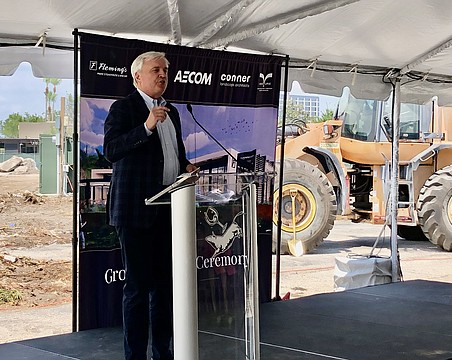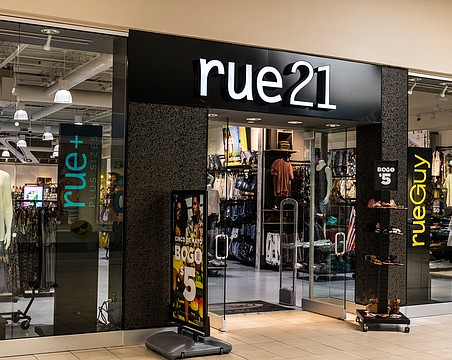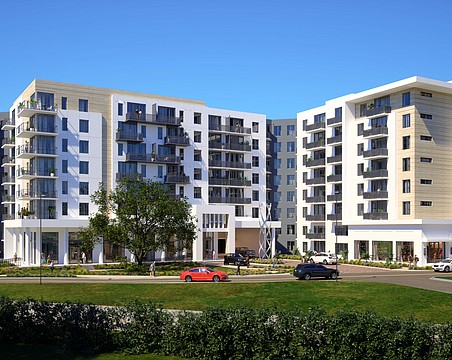Commercial real estate leases in Florida may be harder to execute during the coronavirus pandemic, but completing the paperwork associated with such deals became somewhat easier earlier this month.
That’s because a new law took effect this month that eliminates a previous requirement that commercial and residential leases be signed by an “in-person” witness. As more and more transactions occur digitally — pandemic or no — the requirement that someone sign a document personally has become increasingly antiquated.
Until House Bill 469 took effect on July 1, Florida was one of just seven states that continued to require such in-person witnesses to leases.
Proponents of the law say it will make lease deals more streamlined “in the post-COVID-19 age.”
The statewide chapter of NAIOP, formerly the National Association of Industrial and Office Parks; Florida Realtors, the Florida Apartment Association and the Florida Bar’s Real Property, Probate and Trust Law section all endorsed the change, which was first introduced into the Florida Legislature in 2019.
Darcie Lunsford, an executive vice president with Butters Realty & Management, in Fort Lauderdale, and also NAIOP Florida president, describes the witness requirement as a “cumbersome and unnecessary holdover from the pre-digital era.”
“This requirement became one that was just no longer necessary in the digital age,” says Lunsford. “And in the age of coronavirus, when we’re all trying to limit personal contacts, it became a change that was necessary.”
Electronic signatures, or “e-signatures,” have been allowed on purchase contracts for commercial and residential property sales for many years, Lunsford adds.
The witness requirement represented the “last hurdle to electronic execution of leases in Florida,” NAIOP notes.
House Bill 469 was passed unanimously by both chamber of the legislature before being signed earlier this year by Gov. Ron DeSantis.
NAIOP, a leading commercial real estate trade group whose members include landlords, developers, brokers and investors and that today bills itself as the Commercial Real Estate Development Association, has more than 1,000 members throughout Florida.





